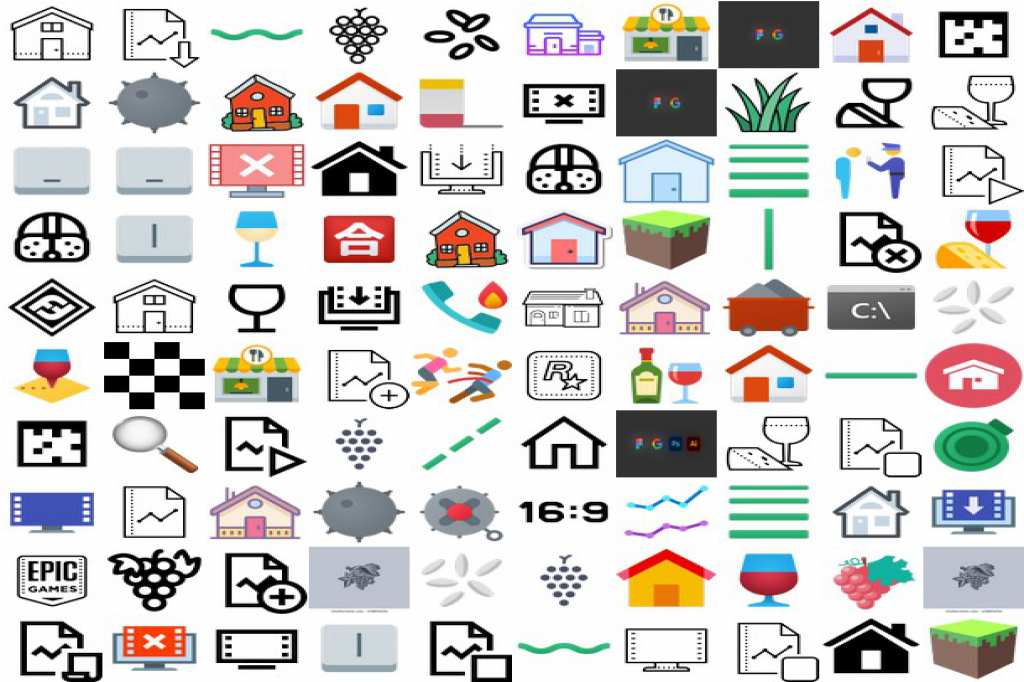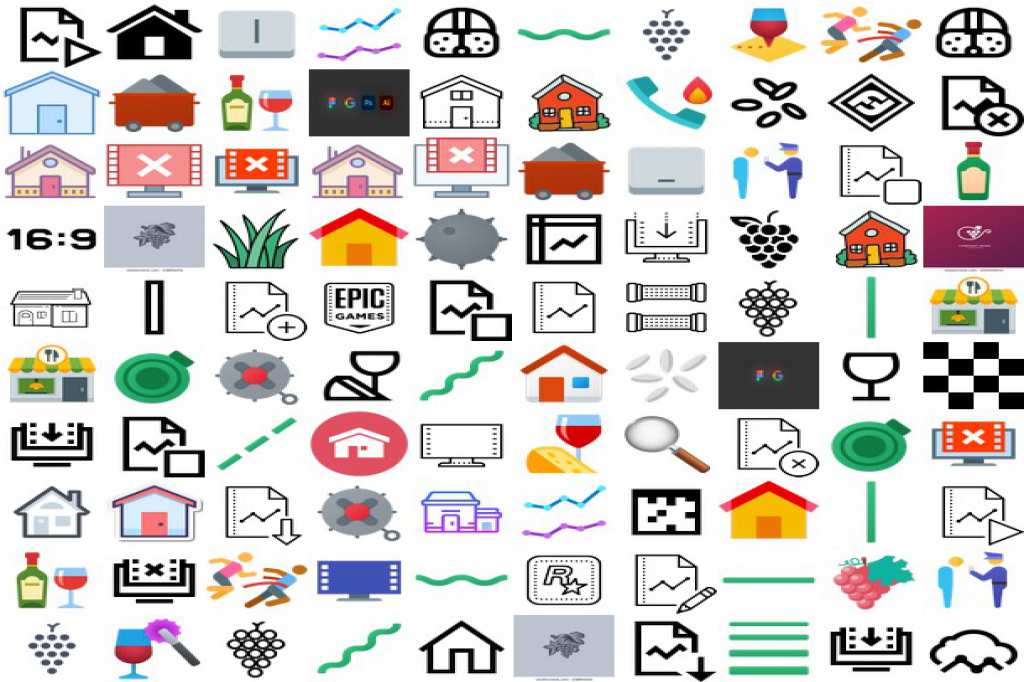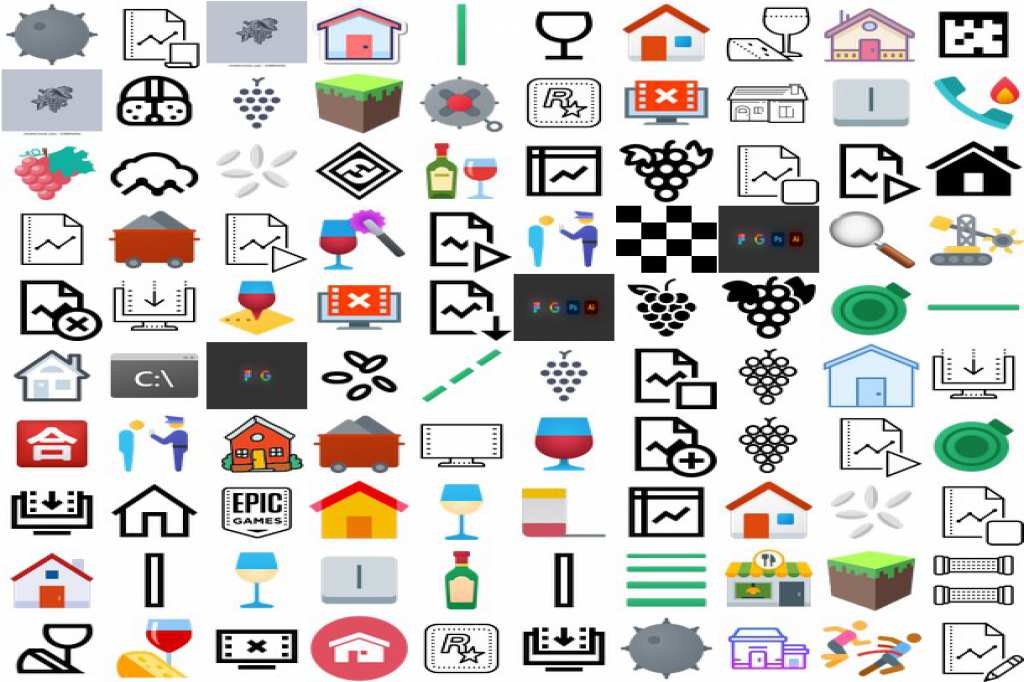If you’re buying wine on the aftermarket, 20 years is a good benchmark. For wines you’re aging yourself, a shorter period — 10 years, maybe, or even five — can be long enough to result in a profound change. Some wine thinkers refer to this as “resting” a wine, giving it a few years to develop, as opposed to decades.
Does homemade wine get stronger with age?
A wine’s alcohol percentage is determined during the fermentation process, when sugar is converted to alcohol. Once the fermentation process is over, the alcohol level remains constant.
How long is too long for wine to age?
Most white wines should be consumed within two to three years of bottling. Exceptions to this rule are full-bodied wines like chardonnay (three-five years) or roussane (optimal between three to seven years). However, fine white wines from Burgundy (French Chardonnays) are best enjoyed at 10-15 years of age.
How do you know when your homemade wine is ready to drink?
When Is My Wine Ready To Bottle? Your wine has to be completely clear. There should be no more sediment that needs to fall out. Your wine should read less than . 998 on the Specific Gravity scale of your wine hydrometer. The wine should be free of any residual CO2 gas. This is the gas that occurs when the wine ferments.
Can you drink 100 year old wine?
I’ve personally tried some really old wines—including a Port that was about a hundred years old—that were fantastic. I’ve had others that were over the hill at their 10th anniversary. Many if not most wines are made to be drunk more or less immediately, and they’ll never be better than on the day they’re released.
Is 20 year old wine still good?
A 20-year-old red should recover its poise within a week or two of arrival, while a 30-year-old wine may need up to a month. For a red wine that’s upwards of 40 years old, it’s a good idea to let the bottle stand quietly for four to six weeks—or until the wine becomes perfectly clear.
Does wine get more alcoholic after opening?
Even though a wine will probably taste different if it’s been open for a couple days—including possibly the alcohol sticking out a bit more—that doesn’t mean the percent of alcohol by volume will change. Same thing with changing a wine’s temperature or even aging a wine—alcohol percentages don’t change.
What happens if you drink homemade wine too early?
The short answer is no, wine cannot become poisonous. If a person has been sickened by wine, it would only be due to adulteration—something added to the wine, not intrinsically a part of it. On its own, wine can be unpleasant to drink, but it will never make you sick (as long as if you don’t drink too much).
Do higher alcohol wines age better?
However, alcohol acts as a preservative, and therefore, higher-alcohol wine will generally outlive lower-alcohol wine. For example, a tannin-rich, 20%-alcohol port wine can age for decades whereas a fruity, 7%-alcohol Muscat wine should be drunk much earlier.
Can 2000 year old drink wine?
The best way to enjoy your wine fresh is to drink it shortly after you purchase it. However, you can still enjoy unopened wine about 1–5 years after the expiration date, while leftover wine can be enjoyed 1–5 days after it has been opened, depending on the type of wine.
What makes a wine age well?
To age over decades, a wine needs to have components that slow its oxidation and allow the wine’s elements to evolve in harmony. Tannins and acidity are two of the most important of these components. Tannins provide structure and add oxidative capacity. The more tannin, the slower a wine will oxidize.
Does cheap wine get better with age?
Due to the cost of storage, it is not economical to age cheap wines, but many varieties of wine do not benefit from aging, regardless of the quality. Experts vary on precise numbers, but typically state that only 5–10% of wine improves after 1 year, and only 1% improves after 5–10 years.
Should I stir my wine during primary fermentation?
Once you add the yeast you will want to stir the fermenting wine must around as much as you can. The goal is to not allow any of the pulp to become too dry during the fermentation. Stirring it around once or twice a day should be sufficient.
How long can you leave wine in carboy?
What I can tell you is that wine can last in a carboy just as long as in a wine bottle – years! In fact, you can think of a carboy as one big wine bottle.
How do you know wine fermentation is complete?
It should settle down within a few hours. If the bubbles continue for days, chances are you’ve woken the yeast up and they are happily eating sugars again. If you take successive readings days or weeks apart and they all show the same value, then your wine fermentation is finished.



